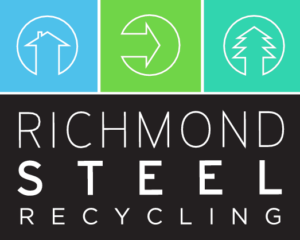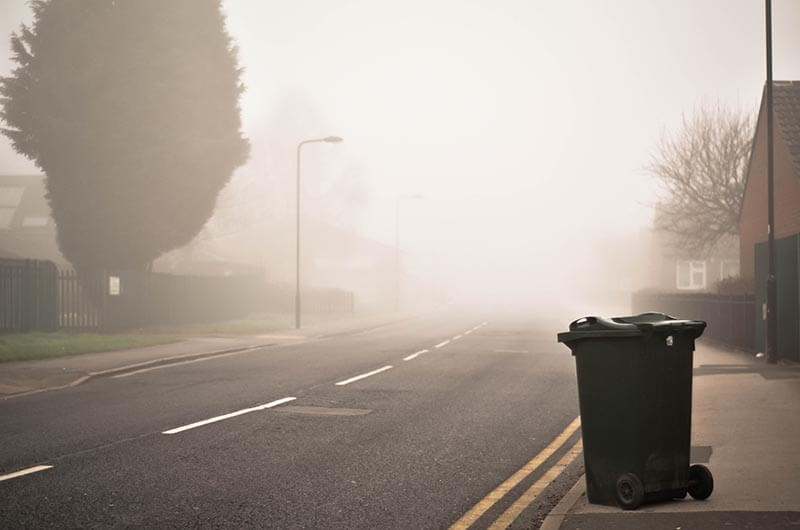The Canadian government wants to ban harmful, single use plastic by 2021, which could lead to a huge increase in aluminum recycling and a change in how we buy water, Coca Cola, Pepsi and other soft drinks.
There are many problems with plastic. Unlike aluminum, which is collected by companies such as Richmond Steel Recycling and processed at the scrap yard, less than 10% of the three million tons of plastic Canadians throw away each year is recycled.
The plastic bottles you throw away could end up literally anywhere. In fact, Greenpeace research found 100,618 tons left Canada’s shores for China in 2017. But after the Asian country banned imports, our bottles have turned up in countries such as South Korea, Pakistan and Turkey.
While this may surprise you, some have ended up at a far more harmful destination – the ocean, with Greenpeace also finding 12 million tons enter the world’s waters each year from around the globe, threatening birds, fish and other creatures that can get caught up in it or eat the small particles.
There can be creative solutions to what we do with the mountain of plastic waste we produce – Nova Scotia-based company JD Composites recently made a house from 600,000 plastic bottles.
But novel ideas aside, aluminum metal recycling provides a far more sustainable route for our garbage – for a start, plastic can potentially be recycled seven times before losing its quality, while aluminum can be recycled over and over and has an infinite lifespan.
The Aluminum Association pointed out that five million tons is recycled in Canada and the US each year, with about 75% of all aluminum produced when it first entered the product market as foil and packaging in the early 1900s still in use today in some form.
Its value as a commodity is also far greater than the metal price paid at the scrap yard, with the organization saying it can have environmental benefits – for example, a 10% increase in aluminum recycling is capable of decreasing the industry’s greenhouse gas emissions by 15%.
Prime Minister Justin Trudeau said he has taken inspiration from the European Union, which decided last year to outlaw single use plastics – such as straws, plates, cutlery and cotton swabs in its member states.
It has not yet been decided what items will be the focus of Canada’s ban, but selling Coca Cola, Pepsi, and particularly water solely in aluminum cans would represent a culture shift for many consumers.
This was successfully tried at the Glastonbury festival in the UK this year – with plastic bottles banned from sale to the 200,000 revellers. All drinks were sold in aluminum cans and volunteers collected 45 tons of aluminum at the end for recycling.
Some festivals have gone further, with Thailand’s Wonderfruit going carbon neutral and even bypassing aluminum recycling by urging visitors to bring their own steel or bamboo flasks for drinks.
But as long as the will is there and we can get the metal to the scrap yard, aluminum recycling can be easy.
In 2007, Apple CEO Steve Jobs made aluminum a key focus of “a greener Apple” and wanted to increase the use of recycled aluminum in its products from 9% in 2006 to 28% in 2010 – in fact, the company achieved 66% by 2009.
Learn more about Richmond Steel Recycling’s core values and for more information about scrap metal recycling please contact your local facility.

